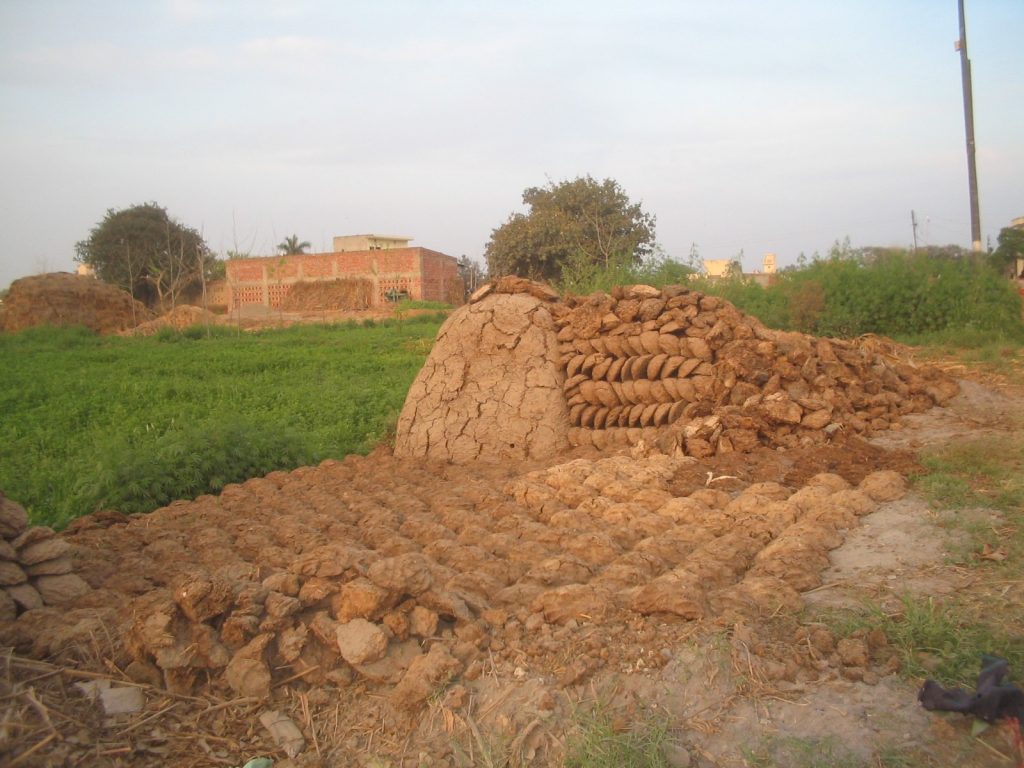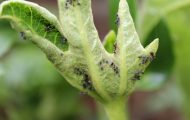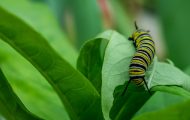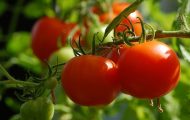
INTRODUCTION
Back to the old days, there were no other resources yet to use as fertilizer for crops. On the other hand, people were creative as well as resourceful. They utilized their livestock’s manure to serve as fertilizer for the soil. Today, using animal manure in gardens has already been a practice for ages.
First of all, a manure is actually a combination of an animal’s feces, compost, and green manure. Compost is the result of decomposing organic matter while green manure is the result of leaving uprooted or sown crop parts to wither. A manure is used as an organic fertilizer in agriculture because of how its contents do successfully enrich the soil. Moreover, one of the main contents of a manure is nitrogen which is needed by bacteria, fungi, as well as other microorganism in the soil.
Today, this blog post will talk about one specific component of manure which is the animal’s manure or feces. Additionally, a cow manure will be the main topic. Without a doubt, the following questions will be answered by the end of this article: What is a cow manure? What are the components of a cow manure? How about the benefits in using cow manure in vegetable gardens? What are the advantages or the success rate of using cow manure in agriculture? How to compost cow manure? How much cow manure to put in a vegetable garden? What are the things to follow in applying cow manure into the soil? How to be careful in handling cow manure for one’s safety?
WHAT IS A COW MANURE?
A cow manure is also called as cow dung, cow pats, or cow pies. It refers to the feces or waste products of either domestic cows or cattle, bison or buffalo, yak, as well as the water buffalo. In general, a cow manure is green or black in color. As it gets more exposed to air, it definitely darkens more.
It basically consists of high amounts of organic materials and nutrients from digested grass and grain. Furthermore, a fresh cow’s manure has about 11 percent nitrogen, 4 percent phosphorus, and 10 percent potassium which are the three basic plant nutrients. At the same time, a fresh cow’s manure has about 86 percent of water in it. However, if it’s not that new, it has about 3 percent nitrogen, 2 percent phosphorus, and 1 percent potassium.
Moreover, a cow manure is certainly the most beneficial manure to acid-loving plants such as blueberries, azaleas, mountain laurel, and rhododendrons. It’s also the best for gardens with flowers. On the other hand, it’s one of the best types of manure together with chicken and horse manures for gardens with vegetables or potato and other root crops.
Lastly, a cow manure is best to be applied into the soil during the early spring or early fall.
BENEFITS OF COMPOSTING COW MANURE
A cow manure has to be aged or composted first before it can be used as organic fertilizer. Just like the other kinds of animal and green manure, it shouldn’t be used fresh. It’s because for a number of reasons.
First, a fresh cow manure is extremely high in ammonia gas which means that it has tons of nitrogen. That will definitely result to the burning of the plant’s roots as well as strange growth patterns in the crops. Next, a fresh cow manure also has many dangerous pathogens or bacteria in it such as the Escherichia coli or E.coli. Lastly, it also has weed seeds in it that can certainly be disastrous with your prepared beds when spread.
For these reasons, you can absolutely use cow manure as a fertilizer but properly compost it first.
COMPOSTING COW MANURE
The composting of the cow manure actually begins when it starts to heat up, either by itself or when combined with other materials. Remember also that composting takes about six months before the cow manure is ready to be utilized as an organic fertilizer. It means that it must be left for that whole time period before you actually plant any edible crop. That will prevent transferring illness to humans.
One of the first things you need to do when aging or composting cow manure is to prepare composting bins near the vegetable garden. It’s a no-brainer because it’s for your own convenience. Next, see to it that you will mix the cow’s feces or wastes with lighter materials such as straw or hay. Also throw in some garden debris, lime, or ash if possible.
Furthermore, another thing to consider is the size of the cow manure pile. Always remember that a too small pile won’t provide enough heat. However, a too large pile may not permit enough air in. To solve both of these unfavorable conditions, make sure to turn the pile frequently.
HOW MUCH COW MANURE TO USE?
As to how much cow manure to use in a vegetable garden, a lot of variables are actually in play. On the other hand, the recommended amount is around 40 pounds per 100 square feet of soil.
APPLYING COW MANURE
Cow manure can either be mixed into the soil or put as a top dressing. At the same time, it shouldn’t be put on vegetable beds with actively growing crops. Moreover, it’s advisable to put the cow manure into the top six to nine inches of the soil.
PRECAUTIONS IN HANDLING COW MANURE
Obviously, practice proper hygiene when handling cow manure. Use the necessary tools such as gloves to keep you safe from bacteria during the composting process. At the same time, make sure to thoroughly wash your hands and nails before and after harvesting your crops.
FREQUENTLY ASKED QUESTIONS
Q: WHAT ARE THE OTHER KINDS OF MANURE THAT ARE GOOD FOR GARDENS?
A: Chicken manure is one of the most favorable manures out there. It has 1.1 percent nitrogen, 0.8 percent phosphorus, and 0.5 percent potassium. Additionally, there is the horse manure which is also a good manure for garden crops. It has 0.6 percent nitrogen, 0.2 percent phosphorus, and 0.5 percent potassium.
Q: WHAT ARE THE ANIMAL MANURES TO AVOID TO USE AS ORGANIC FERTILIZER IN GARDENS?
A: Pig, cat, as well as dog manures aren’t that recommended to be used as fertilizers since they may have parasites in them. These parasites can definitely infect humans.
Q: WHAT IS BETTER: TO BUY COMPOST OR MAKE YOUR OWN?
A: Both have their own upsides and downsides. On the other hand, if you are making your own compost, you are in control of everything. You know and can manipulate all the materials that are included in the compost, unlike with commercially-manufactured ones. The best thing for you to do is to weigh in the pros and cons of each side. Then decide what is best for your garden.
Q: WHAT WILL HAPPEN IF I PUT MORE THAN THE RECOMMENDED AMOUNT OF COW MANURE?
A: It may result to nitrate leaching, nutrient runoff, as well as excessive vegetative growth.
Q: IS COW MANURE GENERALLY SAFE?
A: A cow manure as well as any other kinds of manure which are approved to be used as organic fertilizers will be safe as soon as they are composted. At the same time, the composting process must be done right and precisely to ensure safety from the harmful things in that manure. The right amount of heat and air will eliminate the pathogens in the manure that are harmful to humans. Moreover, they will also decrease the amount of nitrogen that is harmful to the crop itself.
FINAL WORDS
Cow manure is indeed a very great aid in agriculture. Knowing how to handle it properly as well as efficiently will give a lot of advantages to your garden or crops. Being informed of basic things such as how much cow manure for vegetable garden is enough can certainly go a long way.
All of these questions are surely answered by now: What is a cow manure? What are the components of a cow manure? How about the benefits in using cow manure in vegetable gardens? What are the advantages or the success rate of using cow manure in agriculture? How to compost cow manure? What are the things to follow in applying cow manure into the soil? How to be careful in handling cow manure for one’s safety?
Spread the information you just obtained from this blog post to anyone you know who will benefit from this. If you know any basic crop grower, amateur gardener, or just a gardener at heart, feel free to share this. Lastly, regardless of what you are growing in your badass garden, happy gardening and certainly have a bountiful harvest!
CHECK OUT: How to Make the Best Organic Compost for Vegetable Garden



